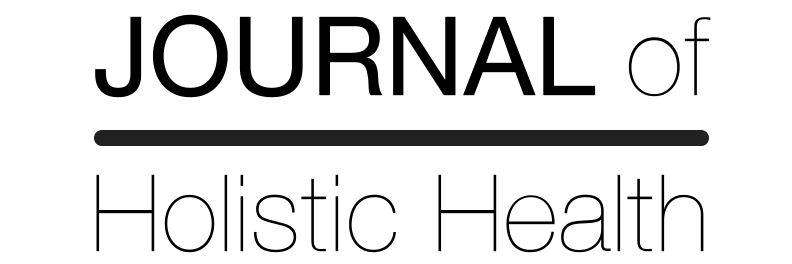The single greatest problem facing the human is maldistribution of wealth. Some have more than they need, others not enough. And the gap keeps growing. All other problems derive from this one, and solutions to other problems that ignore this one are bound for failure. To have a chance at liberty, justice, health, and peace for all, we must ensure a more equitable distribution of wealth. Charities tend to ignore this fact. They work to make the poor richer while also encouraging the rich to get richer. Charities tend to act as if wealth were something everyone could have more of together. It isn’t. Every dollar is owned. If I take more, others have less as a consequence. My gain is others’ loss. And usually the loser needs the money more than the winner. Pursuit of profit runs contrary to a more equitable distribution of wealth. The Journal exits to help offer an alternative pursuit by highlighting opportunities for rich and poor alike to find contentment in austerity. Donating extra to the needy is NOT a sacrifice. It is the means to contentment for both donor and recipient.
Extra is our enemy. Enough is enough. But beware of charity. It is the conspicuous way for the rich to give their extra to the poor, but is, too often, a scam. Charity watchdogs fuel the scam by awarding high grades to charities that pay executives exorbitantly. In 2019, Feeding America, the National food bank, paid its former CEO more than a million dollars for doing no work. In 2018, top salary at the American Heart Association was more than three million dollars. At the Dana Farber Cancer Institute and St. Jude Children’s Research Hospital, it was more than a million each. Charity Navigator awarded its highest rating to these charities. They seem predatory to me.
Secular American charities list executive salaries and other financial information on IRS form 990, but some hide this form. Religious and foreign charities don’t file this form. Some charities refuse to divulge financials and some are dishonest. But charity salary is important because extra is our enemy. Whether you or I keep the extra or some greedy charity executive does is irrelevant. We can’t win liberty, justice, health, and peace for all by enriching the rich. Our only hope is in teaching rich and poor that contentment comes from caring for all. That’s holistic health. And, by all reasonable criteria, it is enough. To get it, we’ll need to embrace austerity.
With eight billion people on our planet, and more on the way, things are bound to get tight. And we’re not equipped to deal with that. Throughout our history as a species, people were scarce. Even a hundred years ago, there were only two billion of us scattered across the globe. A hundred years before that, there were less than one billion. No one ever worried about their fair share of anything. But now, and for the remainder of our time as a species, fair share will be our principal concern. For everyone to have enough, no one can take much more than they need. That’s the first law of thermodynamics: The sum total of matter and energy is fixed. If I take more, there’s less for others. Luxury is obsolete. Austerity is how we respect the equal and inalienable rights of all people, and that respect is the foundation for all that we cherish (Universal Declaration of Human Rights). So, stop wanting more than enough. It won’t be easy. We live in a materialistic, hedonistic culture. But nothing important is ever easy. And holistic health is most, or close to most, important.
What is extra? COVID and extended power outages have taught this answer. We must not forget it: Spectator sports and other professional entertainment, travel, jewelry, perfume, tobacco, alcohol, coffee, soda, cosmetics, neckties, fireworks, gourmet food, evening wear, lingerie, trophies, designer décor, mustard, and gum. And many of us can benefit from less heat, light, air-conditioning, and plastic than we’ve become accustomed to using. Support charities that teach — the rich to appreciate their privilege and donate their extra, and the poor not to want much more than they need. The latter lesson is essential. We can’t achieve holistic health by helping poor people become rich. We must help all people crave austerity.
The Journal offers the opportunity to describe how to achieve holistic health, how to spend money and time, how that spending promotes the equitable distribution of wealth and health, and how to measure progress.
Teachers and parents, both rich and poor, will be able to use the Journal to teach kids to embrace enough. Both sets of kids will find support for the austere life-style. With critical thought, work, luck, and good will and humor, we can make something really good really happen. Please help.
